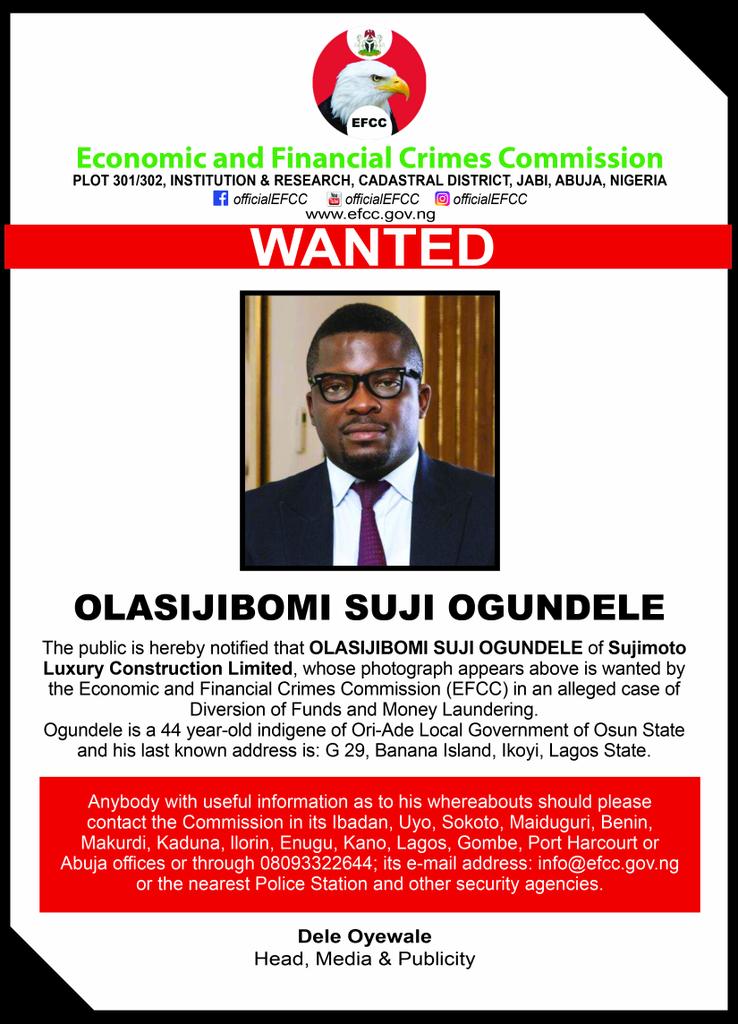In Nigeria, the life of an entrepreneur is often a paradox—overflowing with opportunity yet plagued by systemic hurdles. This contradiction is playing out in the case of Sijibomi Ogundele, widely known as Sujimoto, founder and CEO of Sujimoto Group.
Celebrated for reshaping luxury real estate in Lagos, Sujimoto is now at the center of controversy over a ₦5.7 billion contract in Enugu State. Critics accuse him of failing to deliver, but supporters argue that he is being unfairly vilified in a system that punishes ambition more than it supports it.
From Tall Towers to Schools
Originally, the contract was meant to deliver what might have been Enugu’s tallest building. Later, however, the project shifted dramatically to the construction of schools across the state. Sujimoto accepted the change, mobilizing staff and resources across 22 project sites. To date, his company has already spent ₦4 billion on construction despite crippling inflation and rising costs.
The Inflation Trap
When the deal was signed, Nigeria’s naira was already under pressure, but few foresaw how far it would fall. In just two years, the costs of cement, steel, roofing sheets, and labor more than doubled. Yet, the contract terms remained frozen, with no provision for variation or adjustment.
Despite these challenges, Sujimoto has not walked away. He has personally visited construction sites, often appearing in boots and helmets, directing work like a foreman rather than retreating to the comfort of a Lagos office. His defenders argue that this is evidence of a committed builder—not a fraudster.
EFCC Scrutiny
The project has now attracted the attention of the Economic and Financial Crimes Commission (EFCC). Sujimoto has confirmed his readiness to meet with the agency. His response has been calm and transparent: “The EFCC has all my accounts. I am not running. I am facing this head-on.”
Such confidence, his supporters say, reflects integrity. “Fraudsters hide; builders fight,” one industry peer remarked.
A Larger Question for Nigeria
Beyond Sujimoto himself, the case highlights a bigger national dilemma: how Nigeria treats its entrepreneurs. A colleague in the industry voiced it bluntly: “We cannot keep crushing our best talents and still expect innovation, jobs, and growth.”
Indeed, Sujimoto’s projects in Lagos stand as monuments to vision and execution. In Enugu, he has not failed—he has been squeezed by inflation, shifting expectations, and a system slow to adapt.
Builder, Not Fraudster
Sujimoto’s story should not be about scandal, but about resilience. He has poured billions of naira into schools that will one day shape the future of children in Enugu. He has kept faith with his workforce of 60 staff members despite financial strain. And he continues to dream boldly in a country that often punishes those who dare.
Nigeria must decide: will it continue to frustrate its brightest entrepreneurs, or will it create an environment that rewards vision, risk, and investment?
For Sujimoto, one truth remains—he is a builder, not a fraudster. His real crime, perhaps, is dreaming too big in a system unprepared to support such ambition.

